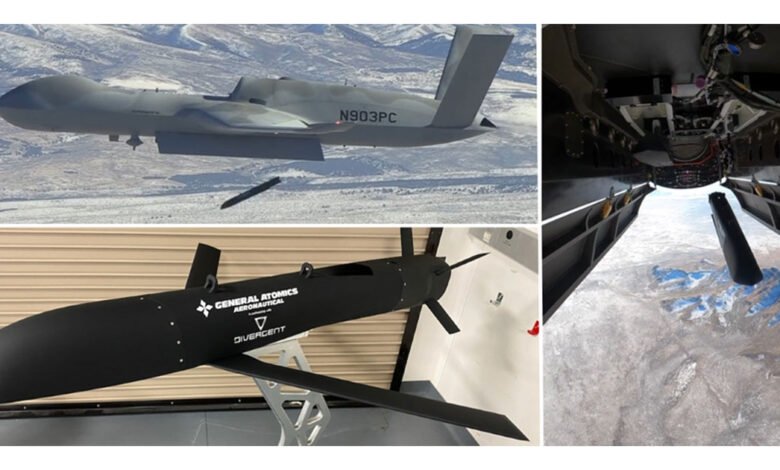Divergent Secures $290M to Boost Military Component Manufacturing

▼ Summary
– Divergent Technologies raised $290 million to expand production of missile parts and other military components.
– The funding round values the company at $2.3 billion, with major customers including Lockheed Martin, RTX, and General Dynamics.
– The capital will be used to expand manufacturing facilities in Los Angeles and build a new factory in Oklahoma next year.
– The company specializes in using 3D printers to produce up to 600 parts, with metal missile airframes being a key product.
– This investment reflects growing investor interest in startups that enhance U.S. domestic manufacturing amid rising weapons demand.
Amid a significant uptick in defense technology investments, Divergent Technologies has successfully secured $290 million to scale its production of critical military components, including missile parts and specialized hardware. This substantial funding round, which values the company at $2.3 billion, reflects growing confidence in advanced manufacturing firms that support national security priorities.
The investment, initially reported by Bloomberg, includes $40 million in debt financing. Major defense contractors such as Lockheed Martin, RTX, and General Dynamics count among Divergent’s key clients, underscoring the strategic importance of its manufacturing capabilities.
Proceeds from the raise will support the expansion of Divergent’s existing Los Angeles facilities and fund the construction of a new factory in Oklahoma, scheduled to break ground next year. The company employs highly specialized 3D printing technology capable of producing up to 600 distinct parts. According to CEO and co-founder Lukas Czinger, metal missile airframes represent a core segment of the company’s output, forming what he described as the organization’s “bread and butter.”
This injection of capital highlights a broader trend: investors are increasingly backing startups that enhance domestic manufacturing capacity, especially as surging global demand for advanced weaponry places unprecedented strain on conventional supply chains.
(Source: TechCrunch)





